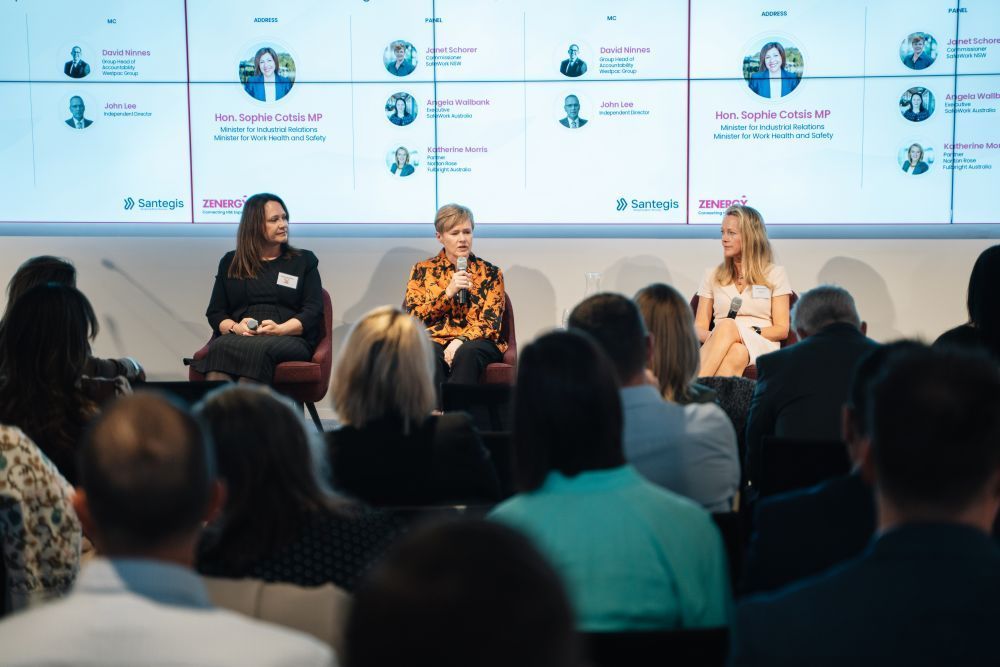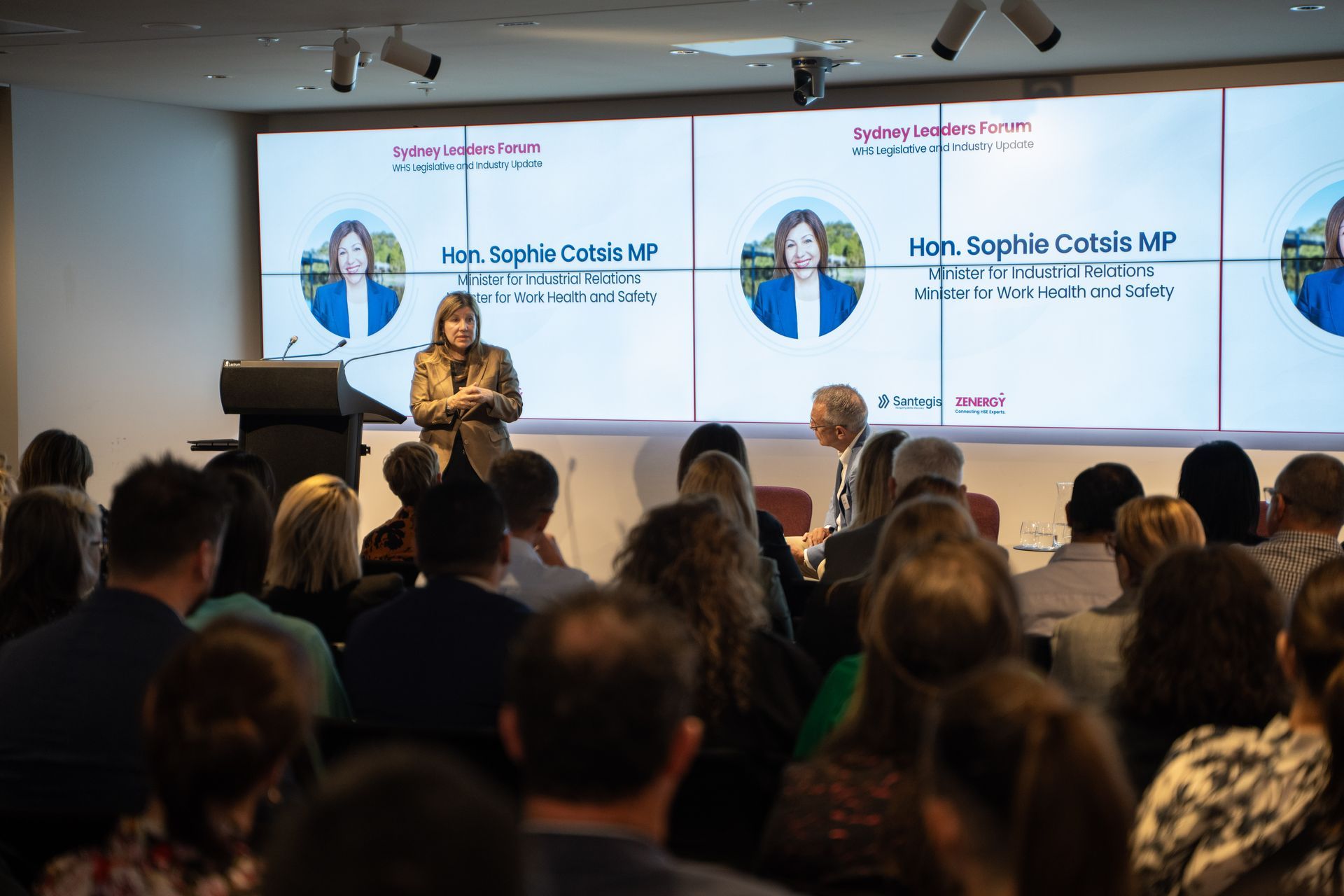WHS risks must be covered at every board meeting
Making business decisions without understanding how they affect the integrity of an organisation’s safety systems can cause major safety incidents, a safety commissioner has warned employers in a high-profile Q&A seminar.
Australian Transport Safety Bureau Commissioner Carolyn Walsh, who is also deputy chair of the National Transport Commission, told delegates at the Zenergy Group CEO’s Forum in Sydney this week that incidents like the 2003 Waterfall train disaster in NSW result from a series of failures occurring simultaneously to magnify a simple error.
The train driver suffered a heart attack and lost control of the train, which derailed at a curve in the tracks and killed seven people, including the driver. An inquiry found a number of converging factors caused the incident, including the deadman’s pedal failing to release and stop the train due to the driver’s weight.
Walsh referred to the Swiss cheese accident causation model, where each cheese slice represents a safety system. “When that Swiss cheese aligns and you get a hole in each of those defence mechanisms, that’s when the bad things happen,” she said.
“I think the challenge is, not for safety managers, but for boards and managers, to understand that when you make a business decision, and it might seem to have nothing to do with safety, you are probably either increasing one of those holes in the Swiss cheese unintentionally or you’re actively trying to reduce those holes.
“I think where those random things happen is when management make these business decisions and they don’t understand the consequences of what it does to the integrity of the systems.”
Walsh says company officers should view their safety duties in the same way as their fiduciary duties, and ensure they’re safety literate, able to read a safety report and know what questions to ask their workers.
Fellow panel member and WHS law expert Bruce Hodgkinson SC of Denman Chambers agreed. He said the converging of circumstances can only be managed if those at the top levels of a company approach every decision across every aspect holistically.
Hodgkinson, who has been involved in major work health and safety prosecutions, said that in making a business decision, board members and senior executives need to consider matters other than financial, reputational or media impacts.
They need to ask: “How are we going to make it work, have we got the right training in place, have we got the right review in place, are the people doing the training the right way?” he said.
Board safety responsibilities wider than ever
Panellist Max Moore-Wilton, an Infrastructure NSW board member, said workplace safety has transformed in the last 10 to 15 years and is now an integral part of the “day-to-day health of any business”.
“I think now, any board worth its salt has to ensure that there’s a risk management plan in place and that the board itself, every month, is actively involved in assessing that,” he said.
“Management has to take ownership of it, and it has to go down through the organisation right down to the individual operator, and certainly right up to the CEO.
“I think what has evolved is the realisation from boards… that the law now, and the public, expect the board and directors to take responsibility when something goes wrong.”
Hodgkinson added that the definition of “worker” now includes the worker, contractors, subcontractors and their workers.
“You’ve got to look at how you discharge your obligation: the regulators will hit you all the time. You cannot contract out your obligation, that’s a pretty standard part of law,” he said.
Don’t over-rely on engineering controls
Walsh also told the forum that while engineering controls like physical guards and high-tech defences are making workplaces safer, at the end of the day, people are still involved in the process and they are prone to failure.
“So I think the robustness of [safety] systems are really important,” she said.
Walsh said in the last five or six years the rail sector has matured and its safety systems now take into account the failings of people, how drivers, guards and passengers interface with trains, and that behaviours can be controlled.
Hodgkinson said an organisation can have all the engineering controls in the world, but if workers aren’t in-phase with the system, or aren’t compliant, then “we’re back in the pressure room”.
Initially published by OHS Alerts






